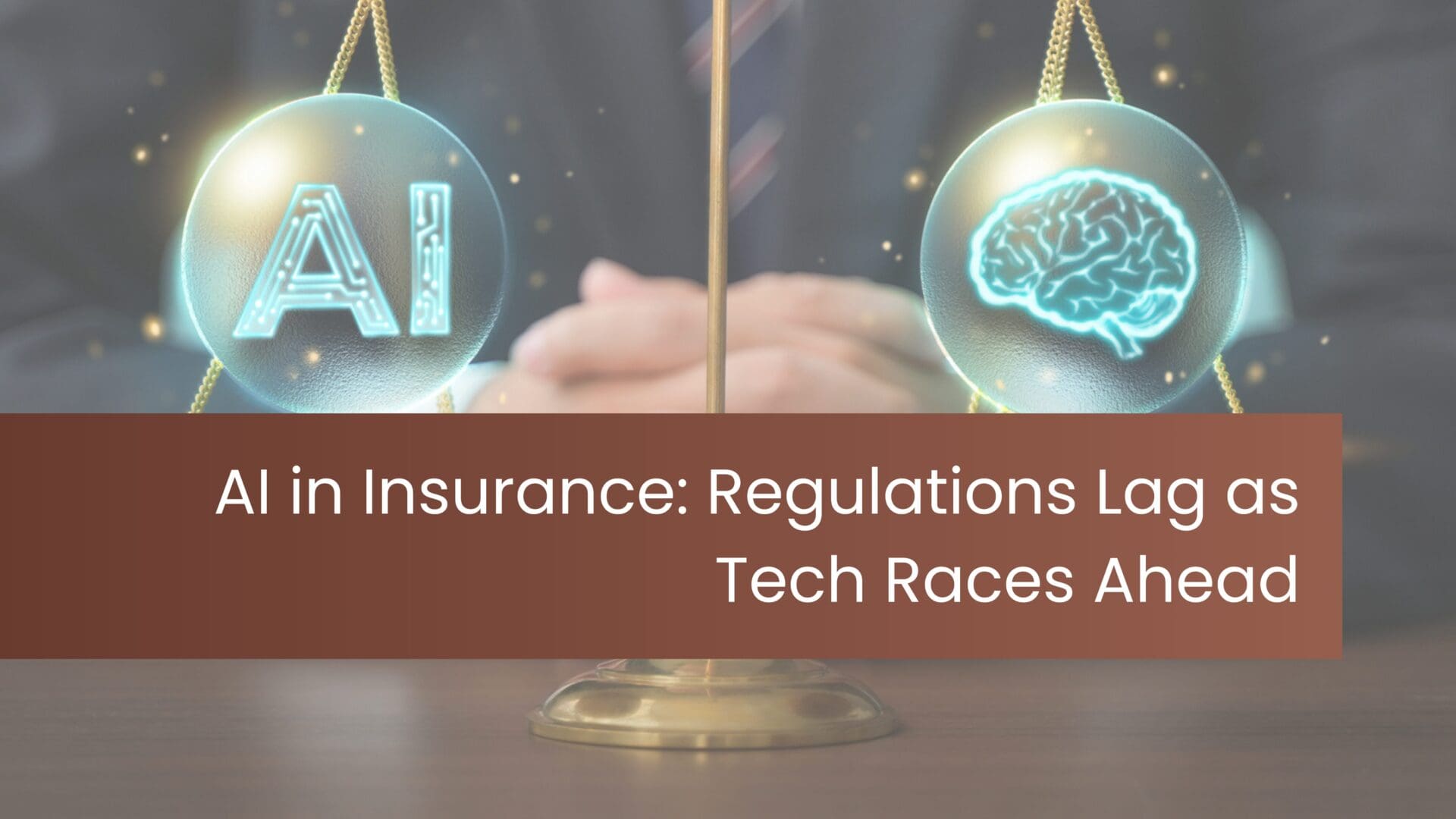State Insurance Regulators Push for Faster AI Rules Amid Rapid Adoption

State insurance is struggling to keep up with the rapidly evolving field of Artificial Intelligence. In a recent meeting of the Big Data and Artificial Intelligence Working Group at the National Association of Insurance Commissioners (NAIC) Spring Meeting, all regulators acknowledged the urgent need for AI oversight in the insurance industry.
The NAIC has previously taken steps to regulate AI, such as adopting Principles on Artificial Intelligence in 2020 and approving a Model Bulletin on AI Use in 2023. However, the progress remains slow compared to the constant growth of AI. Experts question whether insurance consumers are any safer now than they were four years ago. Peter Kochenburger, a law professor at Southern University Law Center, asked, “Are insurance consumers better informed and better protected, specifically in this area now, than they were (in 2020)?” “I think (the answer) is no.”
A four-step process, which is halfway completed, was outlined to address AI risks by Iowa Insurance Commissioner Doug Ommen and Pennsylvania Insurance Commissioner Michael Humphreys, co-chairs of the working group. However, the Humphreys acknowledged the urgency:
“We must go faster. We’re starting to see AI legislation in our states, and it can be very different across different states.”
In fact, a recent survey of 93 major health insurers across 16 states revealed the following:
- 92% of insurers are either already using, planning to use, or exploring AI.
- 83% are actively using AI in operations.
- Some insurers face lawsuits over AI-driven claim denials, with UnitedHealth accused of using algorithms to cut off care for older patients.
While Humphreys acknowledges that the survey’s results must have been skewed due to AI’s fast-paced evolution, oversight must keep up.
The urgency is so extreme that rather than waiting for the NAIC guidance, some states have moved ahead with their own AI regulations. Colorado, being the first, has passed a comprehensive AI law, the Colorado AI Act, which is set to become effective on February 1, 2026. The act mandates that AI developers and users mitigate the risks of algorithmic bias and discrimination.
For what’s upcoming, the working group is preparing a 200-page report on AI’s impact in health insurance, and it is expected to be released in April. Meanwhile, regulators continue to debate the effectiveness of existing AI guidelines. Industry representatives are urging regulators to evaluate the results of the Model Bulletin before imposing any other rules. Humphreys maintains that action will come as needed.
As more and more industries adopt AI, pressure on regulators increases to fill the gap before fragmented state laws complicate regulations across the industry.

